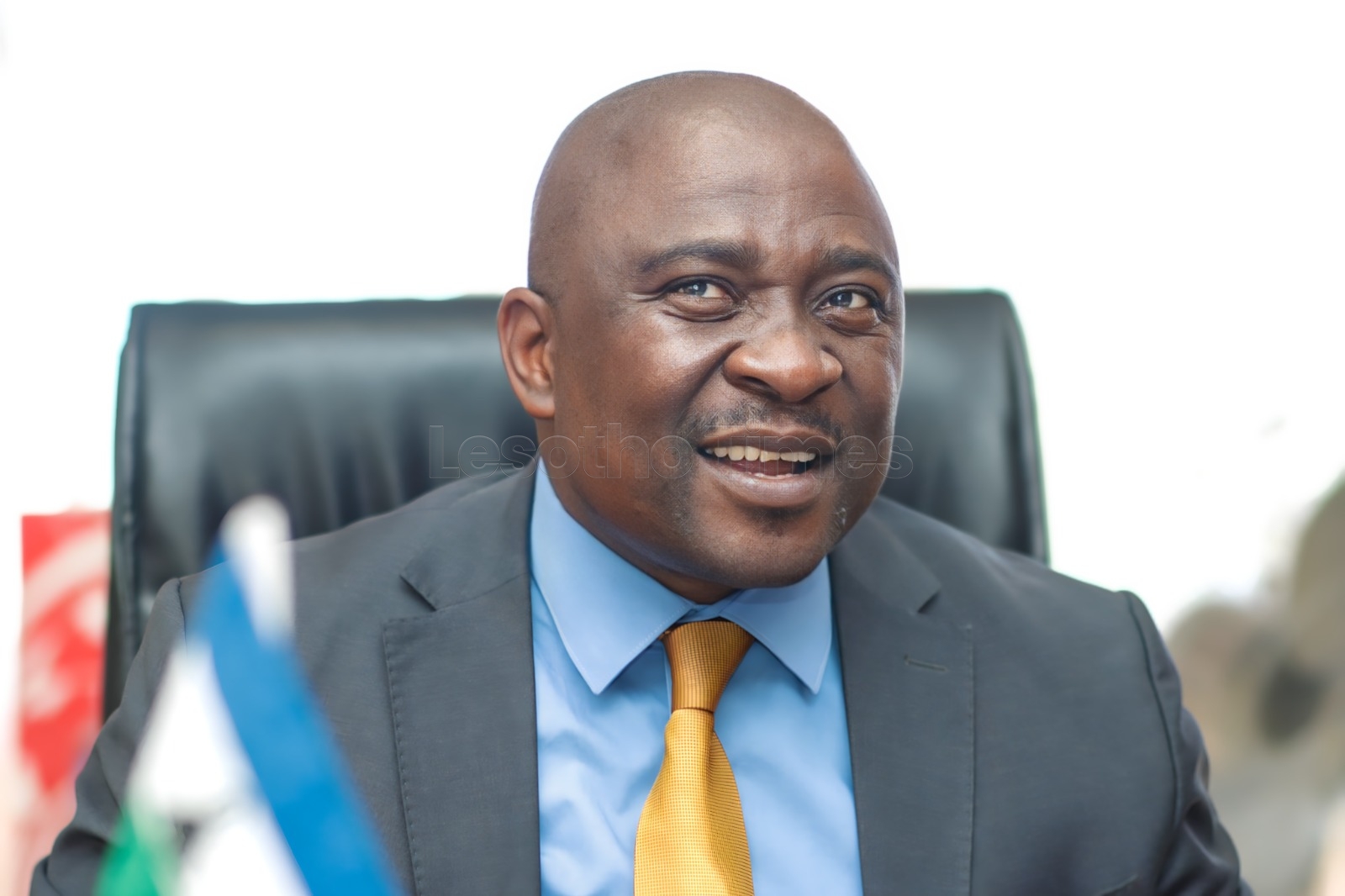LESOTHO’S health system is in crisis after the United States implemented drastic funding reductions to its HIV and healthcare programs causing the lose of hundreds of jobs with more expected.
While Minister of Health Selibe Mochoboroane has on various occasions expressed confidence in Lesotho’s ability to overcome the challenges induced by the Donald Trump tsunami to meet its ambitious HIV goals by 2030, the situation on the ground tells a different story.
Senior health official are now painting a much more dire picture as the devastating consequences of these funding cuts become increasingly apparent.
The health sector has already lost 625 jobs to the Trump tsunami, with an additional 1,367 healthcare workers at risk of losing their livelihoods.
All these now redundant workers were at the core of the country’s health delivery efforts, especially at the basic community levels where everything begins.
The manager of the Ministry of Health’s HIV/AIDS programs, Tapiwa Turambiswa, has warned that cutting community-based prevention services will “inevitably increase new infections.”
Lesotho has long relied on international aid, particularly from the U.S. President’s Emergency Plan for AIDS Relief (PEPFAR), to support its critical healthcare initiatives targeting HIV/AIDS and tuberculosis.
However, recent cuts have led to the devastating loss of the 625 frontline health jobs that were instrumental in HIV testing and prevention programs.
Shockingly, Mr Turambiswa has said that the number of individuals tested for HIV has already dropped sharply, from 11,702 in August 2024 to just 9,054 in April this year, raising serious concerns about a potential resurgence in infection rates.
At the height of the HIV/AIDS pandemic in Lesotho, about two decades ago, Basotho were dying like flies from the disease, graveyards filling up at the speed of lightning. But with the USAID intervention, lives were saved, and new babies were born of HIV-positive parents. We began to rebuild, and normalcy was restored.
But we are now effectively back to square one. Lesotho’s health system is now in a state of crisis, struggling to cope with the severe consequences of the drastic US funding cuts to the vital HIV and healthcare programs.
Without urgent intervention and restored international support, the country’s ability to combat these deadly epidemics hangs in the balance.
The healthcare system in Lesotho is now mired in a multifaceted crisis, with cuts impacting critical services across the board.
The national TB program is feeling the strain, as staff shortages have hindered the identification of TB patients who require HIV testing, further delaying crucial treatment and care.
The World Health Organisation (WHO)’s Global TB Report 2024, estimates Lesotho’s TB incidence at 664 cases per 100,000 people, about half of whom are also HIV-positive.
It is a given that the situation is deteriorating, and Lesotho’s capacity to combat TB is being diminished. This is effectively undoing all the gains Lesotho had made in the fight against TB and HIV/AIDS. Not to mention controlling new infections and protecting key populations including sex workers, factory workers, taxi drivers, men who have sex with other men, and the LGBTQI community
As a politician, it is the prerogative of Minister Mochoboroane to be optimistic. However, the now devastating reality of the health crisis cannot be sugar coated. The financial landscape of Lesotho’s healthcare system has always been concerning due to its over reliance on external support.
International donors like Pepfar and the Global Fund had long accounted for over half of some of the nation’s health funding needs. However, recent cuts have now halted several key initiatives, including HIV prevention strategies and community-based monitoring programs.
The impact of these cuts extends beyond just HIV and TB services. Essential supportive services, such as mental health and primary healthcare programs, have also been significantly affected, further exacerbating the healthcare crisis.
The Global Fund’s decision to freeze M19 million and suspend the rollout of its TB program has only compounded the issue, threatening to diminish outreach efforts that were previously scaling up to identify and treat TB patients in the community.
This “pause” in funding is likely to have long-term implications, potentially leading to a permanent loss of critical services.
As Lesotho’s health system struggles to cope, it faces a stark reality: continued reliance on donor funding that is no longer forthcoming or new home grown resource mobilisation strategies in a comatose economy. The omens are bad. The future looks very bleak. The reality is not promising.
The government’s aspirations for a robust healthcare system is not matched by its actual capabilities. Immediate action and a re-evaluation of funding priorities to avert a public health disaster are now required.
Without decisive action, Lesotho risks not only failing to meet its ambitious health targets but regressing from all that had been achieved thus far.
Clear mitigatory action and strategic planning will be crucial to safeguarding public health in the face of these unprecedented challenges.
How do we close the funding cuts gaps? How do we address the endangered health targets? Most importantly, how do we protect the vulnerable populations?
The government owes the nation a clear and credible action plan about how it intends to address the Trump tsunami.


Dr Mofubelu’s sexual assault cases highly disturbing